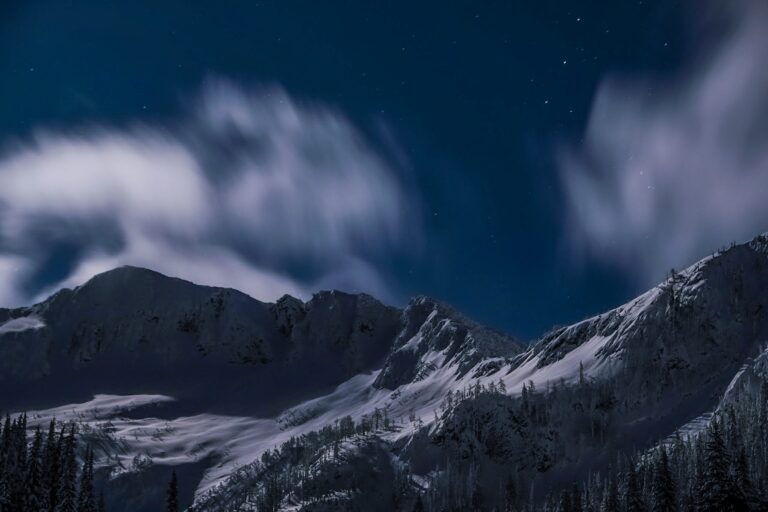Moving to Nelson, British Columbia changed my relationship with skiing. It was never my passion. I was introduced to the sport by my Canadian father, but we spent most of our time in Indonesia, swimming in a warm ocean. The snow globe of Winter sports is unique because it requires one crucial element: snow. Where I grew up there is no snow, there are no seasons, constant Summer and tropical rain. In observing the cultures of my mother’s and father’s countries of origin I am left in awe at the creativity of humanity; our traditions deserve to live on and we are allowed to be proud of them.
Honestly, ski culture seemed self – indulgent and elitist to me, always on the outside looking in. Yet it was I who decided to move to a secluded mountain town. Skiing on the mountains makes me feel alive, less depressed. How can I judge a way of life that has accepted me and helped me to heal? Well, I can’t. What I can do is use my privilege to generate momentum for causes that matter, like slowing down the rate of global warming. West Kootenay communities relish their right to privacy, luscious and abundant Summers, colourful and crisp Falls, true Winters, followed by the re – birth of Spring. What will happen if our planet continues to heat up at the current rate? Parts of our world, like where I grew up, will become inhospitable. Forest fires around the world are burning increasingly often, turning clean air toxic, and ruining Summers. People will have nowhere to go but North. Mountains will see less snow, and the culture of skiing, like many cultures of human history, could very well die out before they should.
To truly adapt to the culture of Winter sports, I believe, one must immerse themselves in a community that worships the mountains. Ski culture has been refined over centuries of evolution from its initial inventions in China, Russia, and Scandinavia for the specific reason of getting around. It has not only become a physical outlet but a spiritual art form. Fluffy white snow suspended in the air, gently falling down, and compiling on the earth will always feel magical to me. Navigating my way through the snowy mountains makes me feel like I’m meditating. Global warming is threatening this precious and fragile ecosystem which gives purpose to many communities, and an entire culture built around Winter could become inaccessible or erased if humans continue to contribute.
I am thrilled to report that recently, on this most tumultuous year of 2020, I watched a documentary featuring pro – snowboarder Jeremy Jones, Purple Mountains, by Jeremy “Bones” Butler and a ski film, Huck Yeah! by Matchstick Productions, starring a young local legend by the name of Sam Kuch, which both highlight the detrimental effects of climate change on Winter sports. Purple Mountains is available on YouTube and entirely focused on debates between Jeremy Jones and global warming non – believers. Jones created a non – profit organization in 2007 aptly named (POW) Protect Our Winters, providing ways to contribute to the cause. Jones is trying to preserve a sacred tradition for his family and fellow mountain lovers. Professional athletes in the world of Winter sports or any sport really, are judged from the outside looking in. And yes, they are privileged. So, when this privilege is used to promote awareness on important causes such as the global issue of climate justice, I feel like I can breathe a sigh of relief.
My friends and I bundled up on a chilly Friday evening to watch Huck yeah! from the sidewalk overlooking Nelson’s new drive–in theatre, created as a response the Pandemic. An event organized by the only movie theatre in town, The Civic. Tickets were sold out for the movie despite the steep price of $40.00 per vehicle. Proceeds for the event went towards supporting the West Kootenay Eco Society and The Civic Theatre. When I discovered this, I couldn’t help but feel an approving smile slide up my face. Positive change can come from supporting professional athletes! I am reminded to take action on a local level, within the community that has accepted me. But does this community accept everyone? To be continued.
All that I learn about contributing to this community, that is committed to renewable energy, can one day be applied elsewhere, where the fires are burning too often. The West Kootenay Eco Society has pledged to work towards having 100% renewable energy at the community level by 2050 with signed agreements towards this goal from the villages of Kaslo, Warfield, Silverton, New Denver & Slocan, the cities of Castlegar, Rossland, and Nelson. I’m especially grateful that the Eco Society hope to “support low – income people, help Indigenous people, and retrain workers from the fossil fuel industry to jobs in renewable energy and energy efficiency.” I entered a raffle to win an e – bike today! Maybe one – day our children will all ride e – bikes to get around.
After the screening of Huck Yeah! my friends and I went to a bar and celebrated being together in our group of six. The bar closed at 10:00 P.M. (lame I know, but there is still a Pandemic going on) and we walked uphill towards the home of a very friendly group of new friends, all excellent skiers, and I know this for a fact. It started to gently snow, fluffy white flakes suspended in the air, gently falling down. A moment in time, modestly perfect with old friends and new in his mountain town, that for now, I call home sweet home.
About the Author
Stephanie lives in Nelson, British Columbia with her partner Amos and her dog Hugo.

